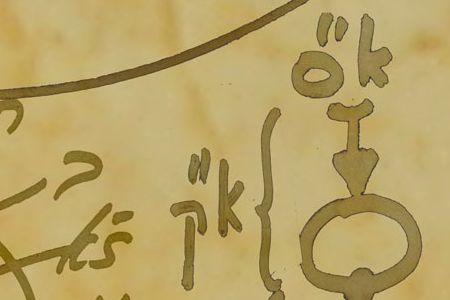
Exodus, 1:1-6:1
This Week’s Torah Portion | December 15 – December 21, 2013 – Tevet 12 – Tevet 18, 5774
In A Nutshell
The portion, Shemot (Exodus), begins with the demise of Joseph and all of his contemporaries, “And a new king arose over Egypt, who did not know Joseph” (Exodus, 1:8). Subsequently, Moses is born in Egypt and his sister hides him in an ark. She places the ark in the Nile and follows it. Pharaoh’s daughter goes down to bathe in the river, finds the ark, and takes the baby. Moses’ sister offers to help her find a Hebrew nursing women and brings Moses’ mother as a nursing woman.
Moses grows in Pharaoh’s home forty years. One day he sees an Egyptian beating a Hebrew. He strikes and kills the Egyptian and buries him in the sand. When he realizes that one of his Hebrew brothers saw him in the act, he fears being told on and escapes to the desert.
In the desert he meets Jethro, priest of Midian. He marries his daughter and sees the burning bush, where he is told he must return to Pharaoh and to the people of Israel, and tell them it is time to go out of Egypt.
The portion ends with the children of Israel complaining to Moses about their poor situation. Moses turns to the Creator who says to him, “Now you shall see what I will do to Pharaoh, for by a strong hand shall he let them go, and by a strong hand shall he drive them out of his land” (Exodus, 6:1).

Commentary by Dr. Michael Laitman
The stories deal with man’s soul. The Torah tells us how to correct ourselves in order to develop the soul within us, how to open it up to the upper light, to the revelation of the Creator, and how to feel within it the upper, spiritual world.
The process begins with a special desire called Abraham, which awakens and asks about the meaning of our lives, leading us to open up our souls. The developing desire must escape Babylon, the sum of our great ego.
Subsequently, that desire procreates another desire, Isaac, which begets yet another desire, Jacob. These three desires form the foundation of the soul.
Jacob, which is a special desire, has twelve sons. This is a development of the third desire, which achieves equivalence with the upper force—the Creator—who is pure bestowal. The exodus from Babylon symbolizes our desire to achieve that same level of bestowal. Jacob is the first to actualize that desire through his sons, particularly through Joseph, who assembles all the qualities of bestowal of the corrections that Abraham, Isaac, Jacob, and the rest of the sons have made. Joseph is the only one who can descend to his ego with all the corrections and begin to work with the ego that is called Egypt.
Continue reading “Shemot (Exodus) Parsha – Weekly Torah Portion”



